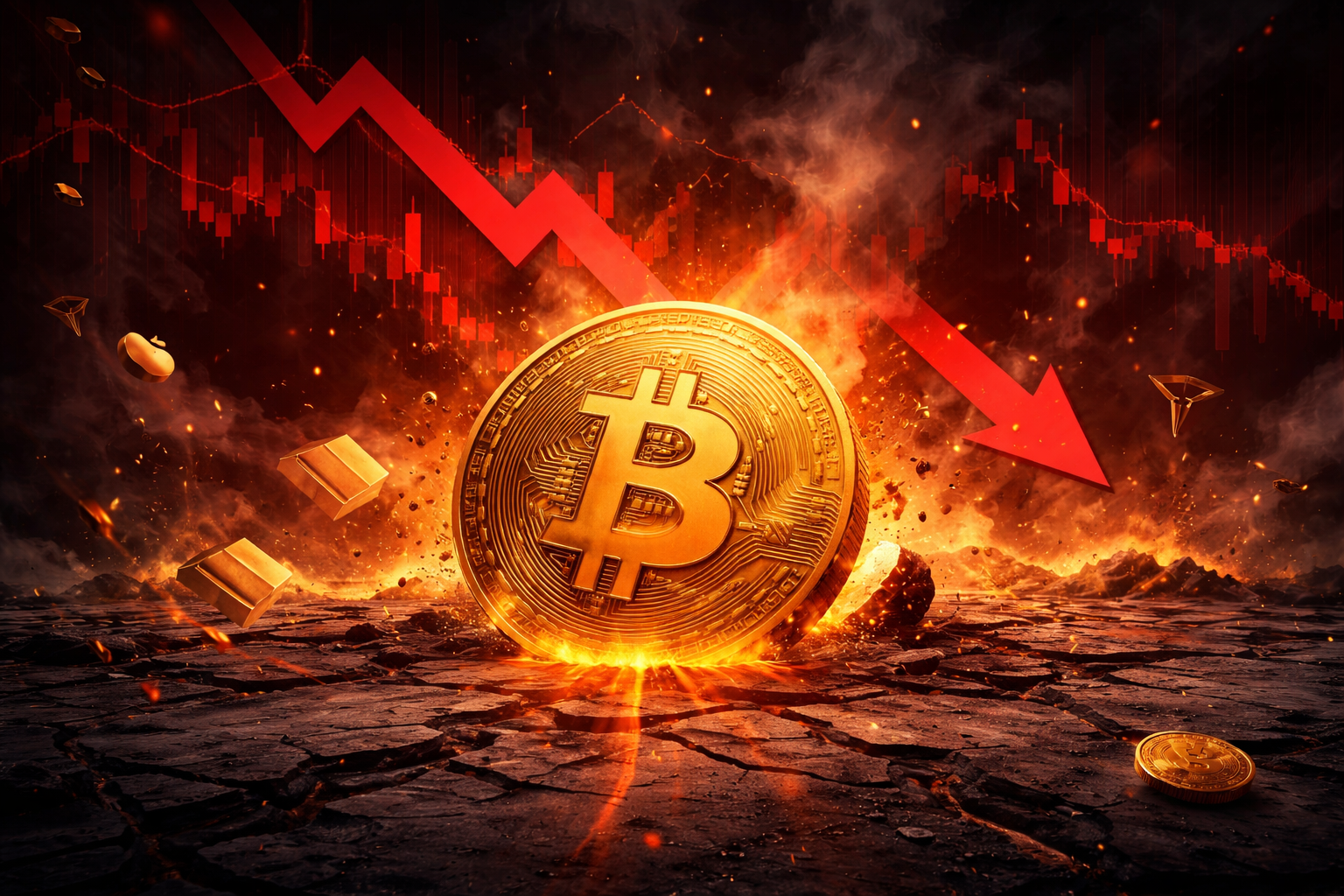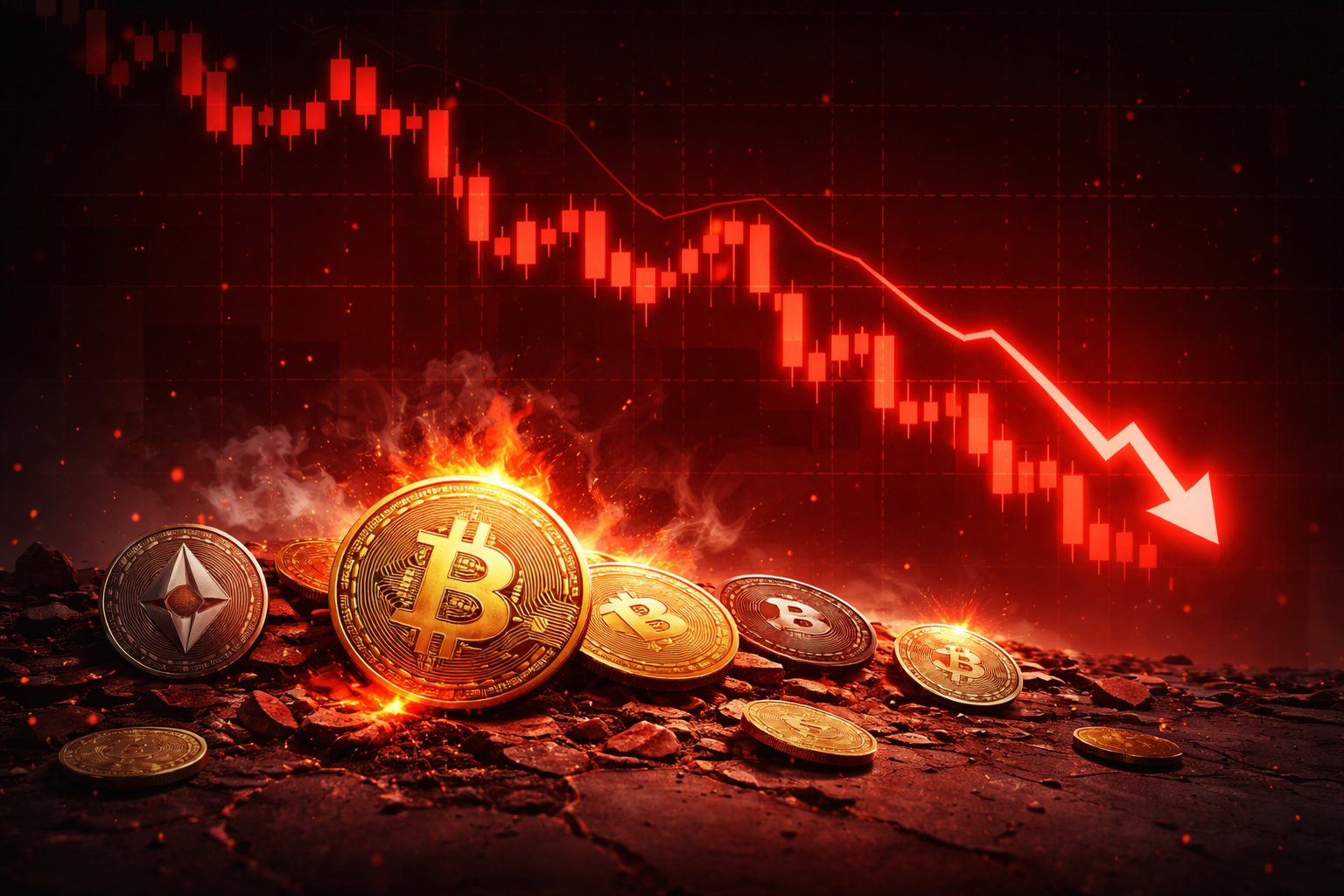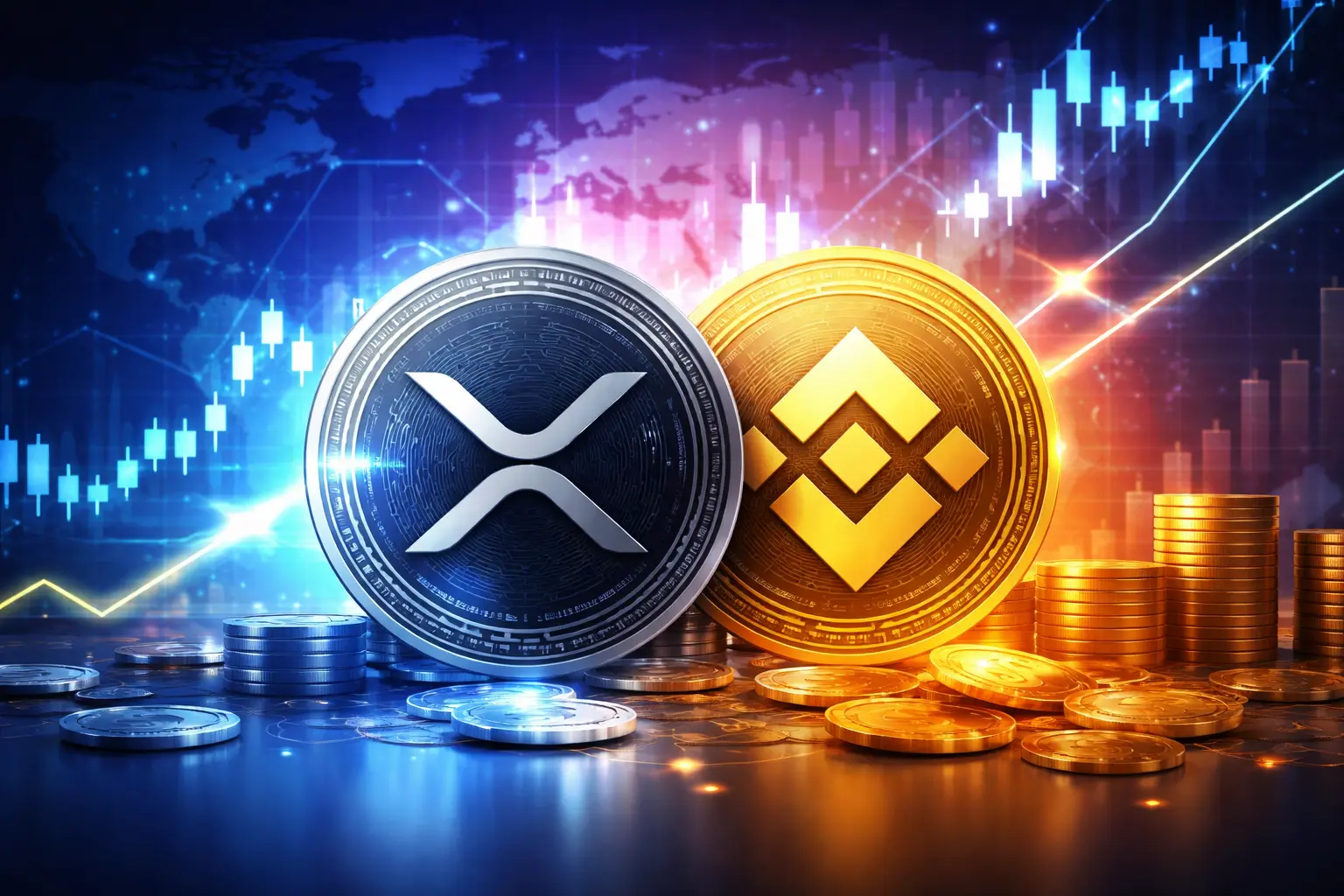Cryptocurrency News
Cryptocurrency Purchases Soar In Brazil: Over $12.37 Billion Spent Year-To-Date

Introduction
In 2024, Brazil’s cryptocurrency market has taken the financial world by storm. With transactions exceeding $12.37 billion year-to-date, the Latin American giant is solidifying its position as a key player in the global crypto economy. This surge in activity reflects growing public interest, increased institutional involvement, and a regulatory environment that is gradually embracing digital currencies. This article delves into the factors driving this explosive growth, the potential future for cryptocurrency in Brazil, and its impact on both domestic and global financial landscapes.
Cryptocurrency Boom In Brazil: A Brief Overview
Brazil has long been considered a frontier for financial technology adoption, and the cryptocurrency market is no exception. According to recent reports, Brazilians have spent over $12.37 billion on cryptocurrencies in 2024, a significant increase from previous years. This figure places Brazil among the top countries in terms of cryptocurrency adoption, competing with the likes of the United States, South Korea, and Germany.
The rapid adoption can be attributed to several factors, including economic instability, the desire for more secure and private financial transactions, and the appeal of high-return investments. With inflation and fluctuating interest rates impacting the purchasing power of the Brazilian Real (BRL), many Brazilians are turning to digital assets as a hedge against economic uncertainty.
Driving Factors Behind Brazil’s Crypto Surge
Economic Volatility and Inflation Hedge
Brazil has experienced periods of economic instability over the past decade, leading many to seek alternatives to traditional investments and savings accounts. The country has struggled with inflation, and while measures have been taken to stabilize the economy, the fear of devaluation has led to the rise in cryptocurrency investments.
Bitcoin (BTC), Ethereum (ETH), and stablecoins like USDT (Tether) are seen as viable options for preserving wealth. Bitcoin, in particular, has been increasingly viewed as a hedge against inflation, providing a way to store value outside of the traditional banking system.
Regulatory Progress and Clarity
Brazil’s regulatory landscape for cryptocurrencies has evolved significantly, with 2024 marking a year of increased clarity. The Brazilian government and financial authorities have implemented several initiatives to regulate and legitimize the use of cryptocurrencies. This regulatory framework has given both individual investors and institutions the confidence to enter the market without fear of legal repercussions.
The Central Bank of Brazil has also shown openness to blockchain technology, launching its own digital currency pilot project, the Digital Real (CBDC). This project further boosts public awareness and acceptance of digital assets, creating an environment where cryptocurrencies can thrive.
Institutional Adoption
One of the most significant factors contributing to Brazil’s cryptocurrency boom is the growing involvement of financial institutions. Major Brazilian banks like Banco Itaú and BTG Pactual have launched their own crypto-related services, allowing customers to buy, sell, and store digital currencies directly through their banking platforms. This institutional support has opened the door to a wider demographic of users, including those who might have been hesitant to invest in cryptocurrencies through third-party exchanges.
Additionally, global crypto exchanges like Binance, Coinbase, and Crypto.com have expanded their services in Brazil, making it easier for individuals to access and trade cryptocurrencies. This influx of services has created a more competitive environment, driving down transaction fees and making crypto more accessible to everyday consumers.
Public Trust and Awareness
Brazil’s growing middle class and tech-savvy population have embraced cryptocurrencies as an alternative investment option. The country has a high rate of mobile internet penetration, which has facilitated the rise of digital wallets and decentralized financial systems. Public trust in cryptocurrency is also buoyed by the success stories of early adopters who have seen significant returns on their investments.
Several educational campaigns and media coverage about the potential of cryptocurrencies have also contributed to increased adoption. More Brazilians are becoming aware of the utility of blockchain technology, especially for cross-border payments and remittances, which are often cheaper and faster when conducted using cryptocurrencies.
The Role Of Stablecoins In The Brazilian Market
While Bitcoin and Ethereum dominate the global cryptocurrency market, stablecoins have played a pivotal role in Brazil’s crypto surge. Stablecoins like USDT and USDC, which are pegged to the U.S. dollar, provide a safer alternative for Brazilians looking to preserve their wealth in a volatile economic climate. These coins offer the stability of traditional fiat currencies with the benefits of decentralized finance, making them ideal for transactions and savings alike.
In fact, stablecoins have become a popular tool for remittances in Brazil, allowing individuals to send money across borders quickly and affordably. The demand for stablecoins has risen as the local currency faces devaluation pressures, providing Brazilians with a reliable way to store and transfer value.
Impact On Global And Domestic Markets
Brazil’s cryptocurrency boom is not happening in isolation. The country’s increased activity has attracted global attention, with international companies seeking to establish a foothold in the Brazilian market. The growing number of partnerships between Brazilian firms and global crypto entities indicates that Brazil is becoming a critical hub for cryptocurrency transactions in Latin America.
Moreover, Brazil’s rise as a crypto powerhouse could have implications for the global market. As more countries in the region follow Brazil’s lead, Latin America could become a key driver of the next wave of cryptocurrency adoption. The cross-border nature of cryptocurrencies allows Brazil to facilitate international trade and remittances in ways that traditional banking systems have not been able to achieve.
Future Outlook For Brazil’s Cryptocurrency Market
The future of cryptocurrencies in Brazil looks promising. As the regulatory framework continues to mature, and with more institutional involvement, Brazil is well-positioned to lead the way in cryptocurrency adoption in Latin America. Analysts predict that Brazil’s cryptocurrency market could grow even further, with some projecting that total transaction volume could reach $20 billion by the end of 2024.
This growth will likely be fueled by the continued devaluation of the Brazilian Real, increased demand for inflation-resistant assets, and the integration of blockchain technology into everyday financial systems. As more Brazilians embrace digital currencies, the potential for cryptocurrency to become a mainstream financial tool in the country becomes increasingly apparent.
Conclusion
Brazil’s $12.37 billion cryptocurrency transaction volume in 2024 is a testament to the country’s growing role in the global digital currency landscape. With a combination of economic factors, regulatory support, and institutional adoption, Brazil has become a leader in Latin America’s cryptocurrency revolution. As the market continues to evolve, Brazil’s embrace of digital currencies could serve as a model for other emerging economies looking to integrate cryptocurrency into their financial systems.











